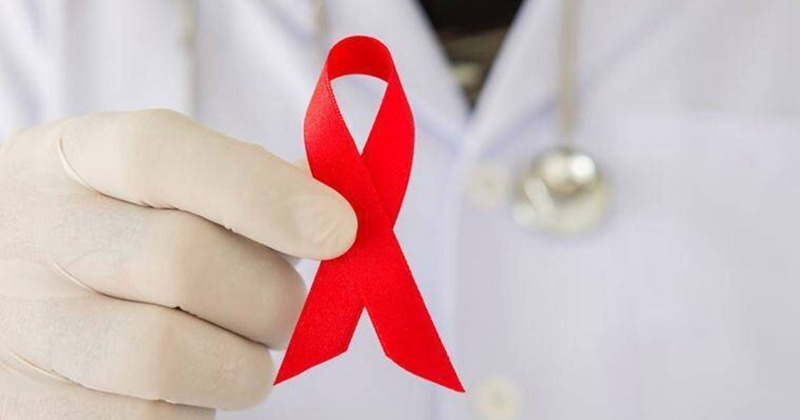Every year, 1st December is marked as World AIDS Day to increase awareness about HIV, which continues to remain a severe health issue that affects millions of people around the globe.
The theme for 2022 is ”Equalize,” where WHO is asking citizens and leaders worldwide to identify inequalities and work towards reducing the factors that pull down the progress in bringing an end to AIDS. The aim is also to provide equal access to healthcare that helps eradicate AIDS to children, the transgender community, sex workers etc.
AIDS (Acquired Immunodeficiency Syndrome) is caused by HIV (Human Immunodeficiency Virus). HIV is a sexually transmitted infection affecting your immune system, reducing your body’s capability to fight the virus and disease. It can also be spread through infected blood, sharing needles/ drug use, mother to child through pregnancy, childbirth or breastfeeding.

BCCL/Representational Image
Jump To
![]()
Can a woman get pregnant without getting HIV if her partner is infected?
There is a high possibility of getting HIV through vaginal sex. If you are not infected but your male partner is, it can reduce the chances of being HIV positive through preventive measures; however cannot wipe it out.
Can HIV be passed onto a baby from an infected mother?

Unsplash/Representational Image
HIV can be passed onto a baby from an infected mother through the placenta. The baby can be exposed to the virus during childbirth through the mother’s blood or fluids. The baby is most susceptible to contracting an infection at this time. Post-birth, the virus can also be transmitted through breastfeeding.
How helpful is HIV treatment during pregnancy, and what are the side effects?
The prime goals of taking HIV treatment during pregnancy are to protect the infected mother’s health and to prevent transmission to the fetus. The drugs are used in several combinations called ”drug regimen”, decreases the HIV level in the infected body. However, these may have common side effects like headache, muscle aches, nausea, diarrhoea etc. It is important to understand that it may also cause side effects like anaemia, osteoporosis, liver damage etc.; however, it is a rare possibility.

Pexels/Representational Image
How to know if the virus has been passed onto the baby?
Babies born to infected mothers are tested for HIV several times in the initial months as a precaution. The baby’s blood is examined through the test, which will give immediate medical attention if tested positive.
About the author: Dr Anantha Padmanabha is a Consultant in Internal Medicine, Fortis Hospital, Nagarbhavi, Bengaluru. All views/opinions expressed in the article are of the author.

